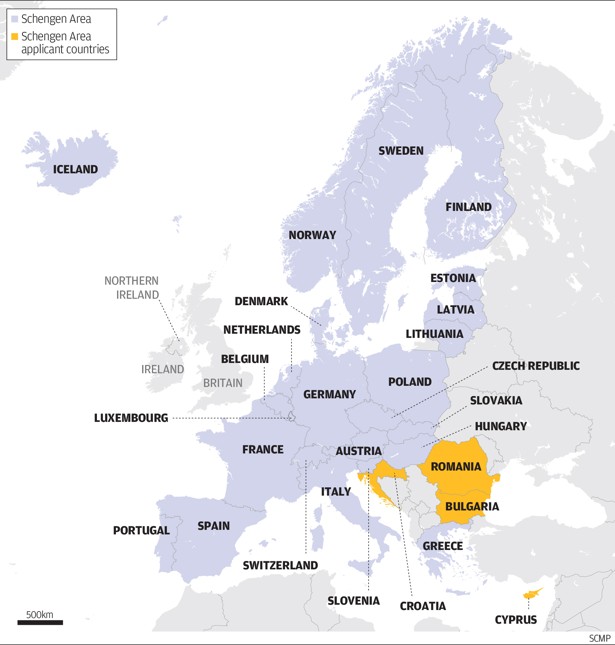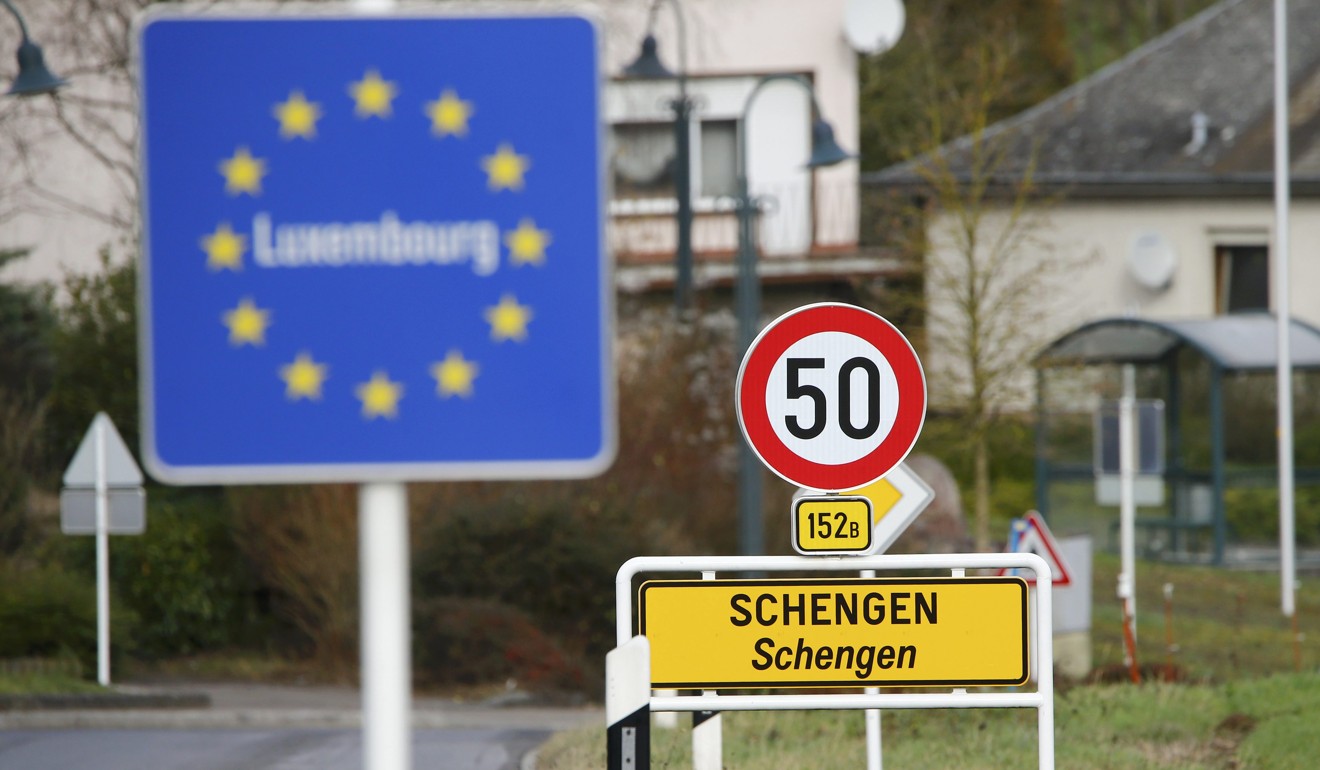
How changes to Schengen Area entry policy will affect Hongkongers
A change to the Schengen Area’s visa-free entry policy will mean that Hong Kong passport holders will need to apply online to travel to the 26 European countries in the area. The new policy will come into force in 2021
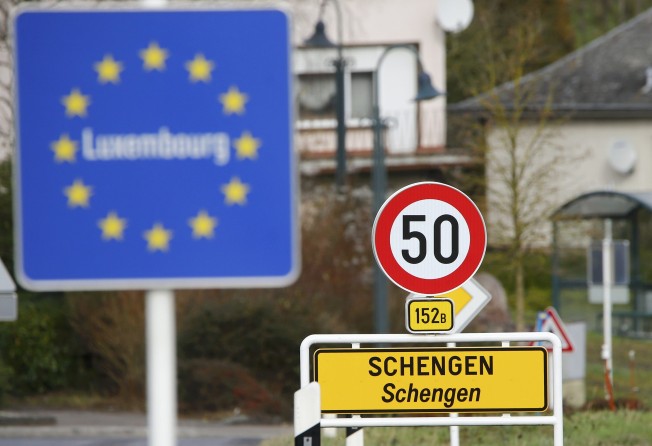
Travel to Europe is about to get more complicated for Hongkongers.
From 2021, holders of Hong Kong passports will no longer be able to simply hop on a plane and arrive in most European countries with nothing more than a passport, owing to a policy change that will put an end to nearly two decades of completely open travel to much of Europe.
Instead, Hong Kong passport holders will need to apply for a travel authorisation before they travel to the 26 countries that make up the Schengen Area, whose member nations are Belgium, the Czech Republic, Denmark, Germany, Estonia, Greece, Spain, France, Italy, Latvia, Lithuania, Luxembourg, Hungary, Malta, the Netherlands, Austria, Poland, Portugal, Slovenia, Slovakia, Finland, Sweden, Iceland, Liechtenstein, Norway, and Switzerland.

The new regulation was approved by the European Commission in July, and the Commission formally established the pre-travel screening process, known as the Electronic Travel Information and Authorisation System, to increase security, on October 9.
The system will be rolled out for use by travellers in 2021.
What will I need to do if I want to travel to countries in this area?
Hong Kong passport holders will need to log on to the European Travel Information and Authorisation System (ETIAS) website and fill in an online application form with their personal details, which will be automatically cross-checked against international security databases.
We do not expect the system will negatively impact travel from Hong Kong to the Schengen area
Ninety-five per cent of applications will receive approval via email in minutes. Potential red flag applications will be reviewed by authorities over a 96-hour period. Authorisations will be checked alongside passports at time of boarding for flights and cruises, and at time of entry to the Schengen area.
“We do not expect that the system will negatively impact travel from Hong Kong to the Schengen area,” said Consul-General of Finland in Hong Kong Johanna Karanko, noting that it is similar to current American electronic registration for travellers who do not require a visa.
Travel writer and tour planner Fred Lam said he hopes the process will be straightforward and not burden travellers.
“What we have now is the best policy – I don’t need a visa to get in, that’s the easiest. With the new policy, we have to apply online and pay,” Lam said. “We have to do one more step.”
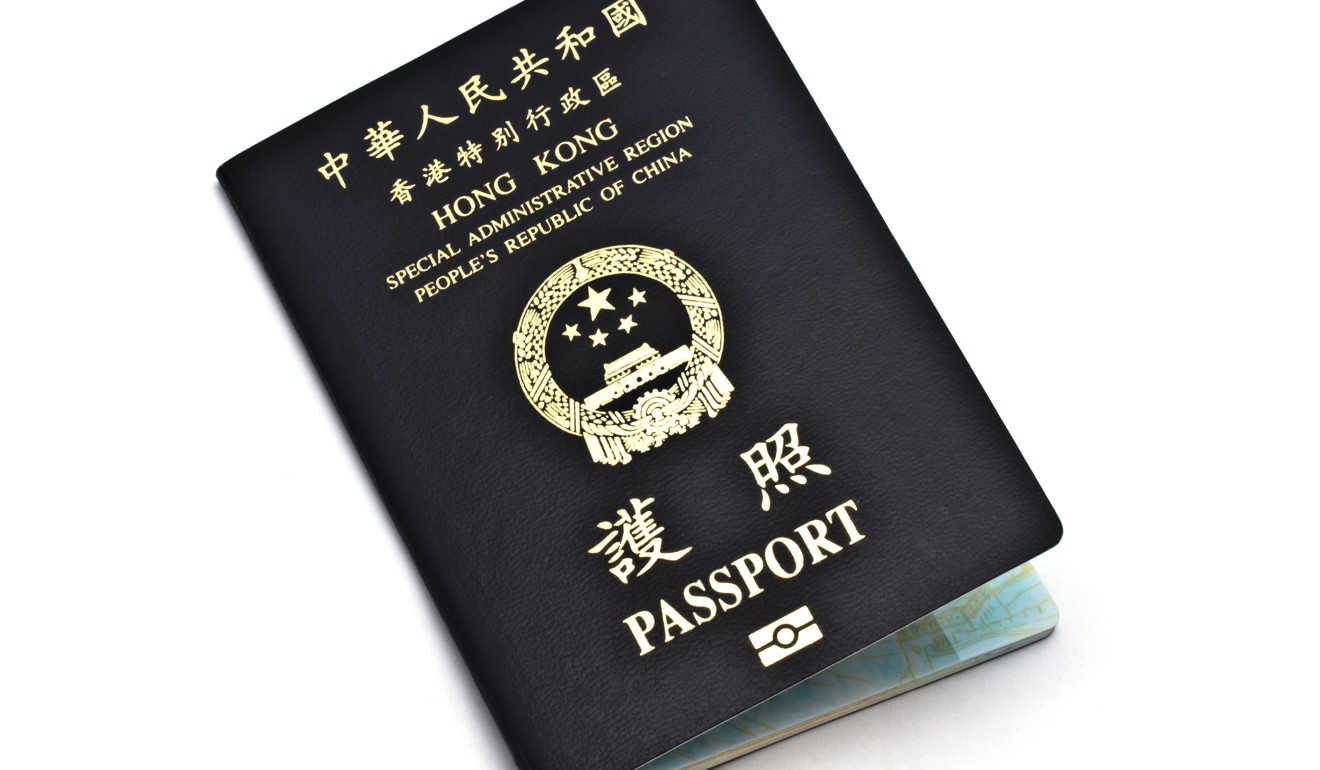
What if I am rejected?
Officials estimate that less than five per cent of applications will be rejected using these security standards.
Each member country will have its own appeals process for applications that are rejected, in which unsuccessful applicants will have the opportunity to make their case to the country responsible for their rejection.
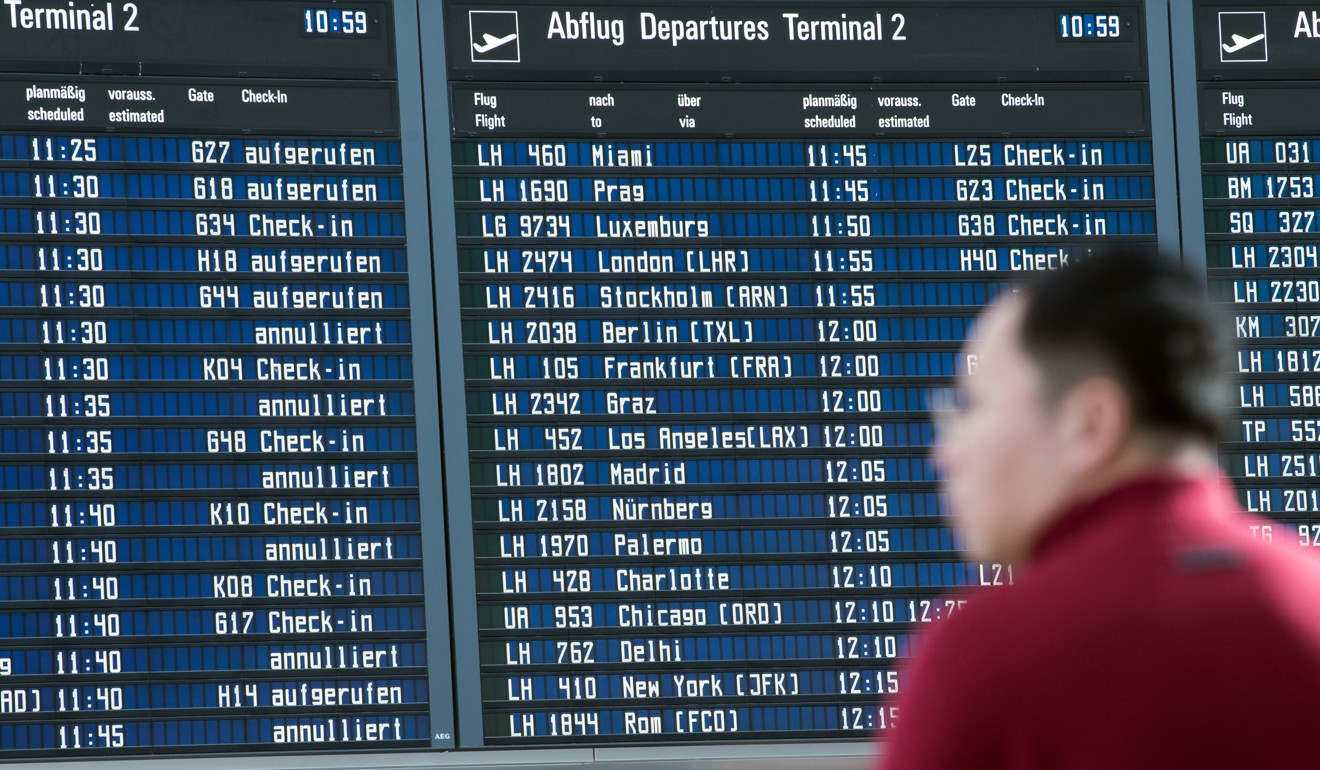
How much will it cost?
The application fee is €7 (HK$63), compared with the Schengen visa for those citizens of countries not on the visa-free list, which costs €60 (HK$544). No applications will be processed until the fee is paid online.
Once travellers have been approved, they do not need to reapply every time they re-enter the Schengen area; the authorisation is valid for three years with multiple entries.
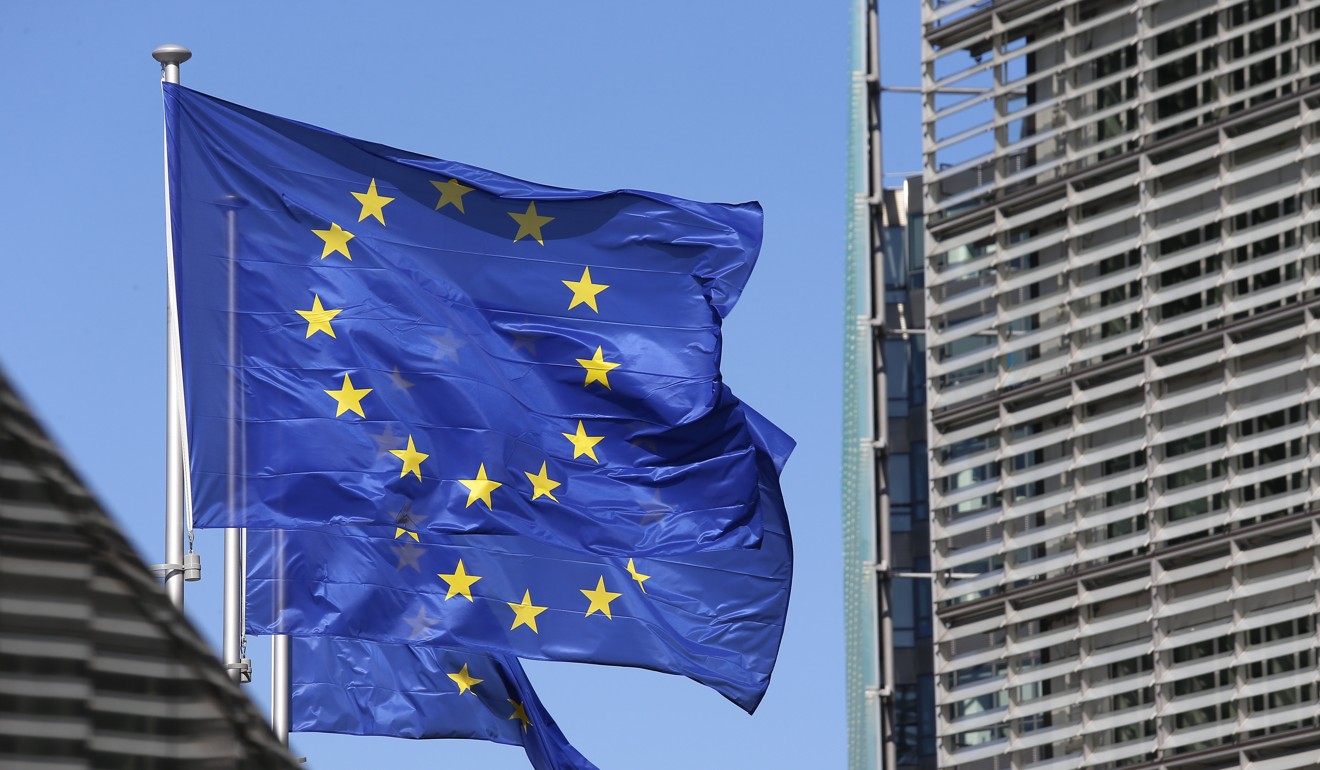
Who will the changes affect?
The electronic travel permit will be required for citizens from all 62 countries and regions that enjoy visa-free entry to the area. Travellers heading for Croatia, Cyprus, Bulgaria, and Romania, all applicant countries that have not yet been included in the Schengen area, will also need to go through the process.
Citizens of countries not included on the visa-free list, such as mainland China, will continue to apply for the Schengen visa at the appropriate embassy or consulate.
Why are they changing this now?
The new system was first proposed by European Commission president, Jean-Claude Juncker in 2016, and comes at a time when border and immigration control and security have become defining topics of European politics.
“It will allow authorities to understand who is coming to their countries from visa-exempt countries before they actually arrive at the border,” said Péter Garai, trade commissioner at the Consulate General of Hungary in Hong Kong.
“It will also allow for more stringent cross-checking of various databases for any potential red flags,” Garai said.
